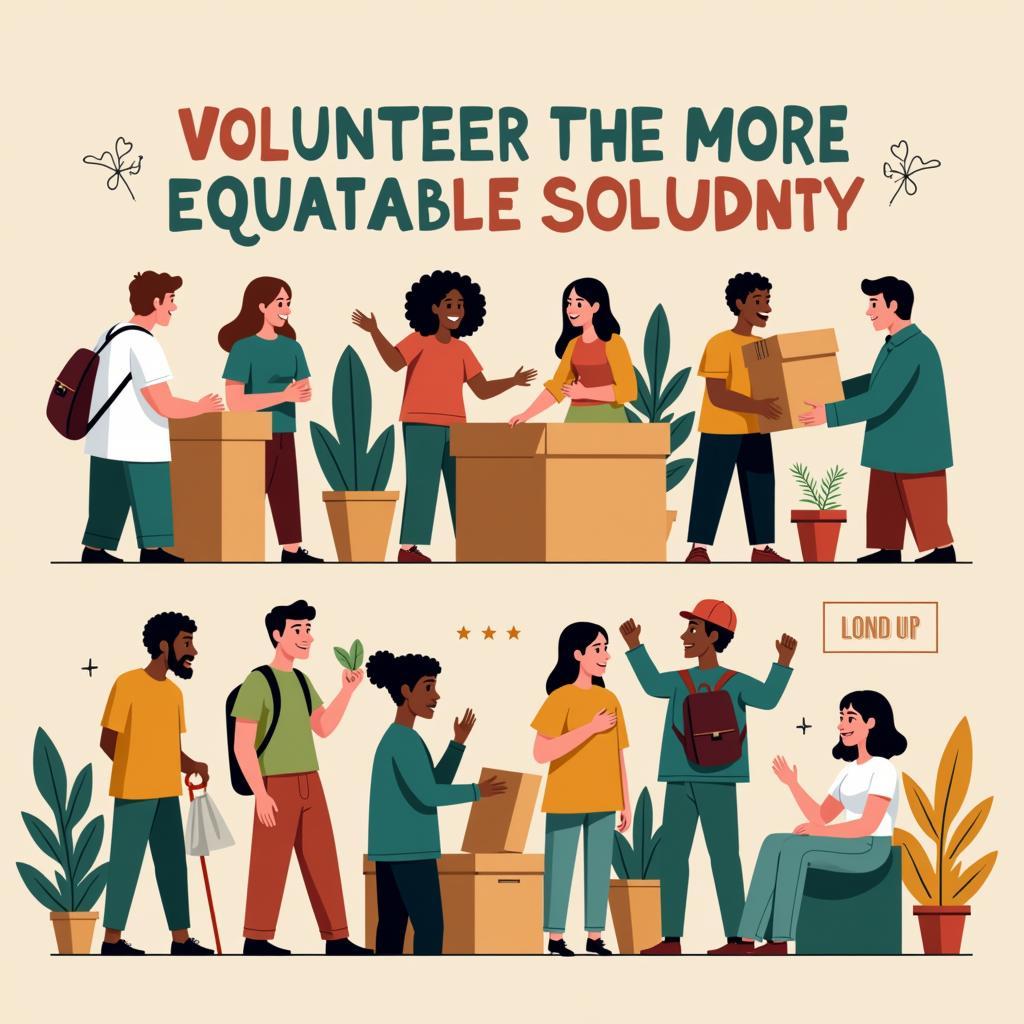The term “White Glove Society” often evokes images of exclusivity, privilege, and a certain detachment from the realities of the world. While it can indeed refer to a social group characterized by wealth and high social standing, it’s crucial to approach this concept with nuance and explore its potential implications for fostering peace. Can a “white glove society,” often associated with luxury and comfort, contribute to a more just and equitable world? Let’s delve into this intriguing question and explore the possibilities.
Bridging the Divide: Can Privilege Promote Peace?
It’s easy to perceive a “white glove society” as existing in a bubble, shielded from the struggles faced by many. However, true peace necessitates acknowledging and addressing these disparities. If those with privilege and influence utilize their resources and platforms to amplify marginalized voices, advocate for social justice, and promote understanding across cultural differences, a “white glove society” can become a powerful force for positive change.
From Charity to Solidarity: Redefining Social Responsibility
 Diverse group of people volunteering together
Diverse group of people volunteering together
Historically, philanthropy has often been associated with “white glove societies.” While charitable giving is undoubtedly important, a shift towards active engagement and solidarity is crucial. Imagine a “white glove society” actively dismantling systemic barriers, advocating for equitable access to resources, and working alongside marginalized communities to build a more just and peaceful world. This transformation requires moving beyond a purely charitable approach to embrace a deeper sense of shared responsibility for the well-being of all.
Cultivating Empathy: The Foundation of Lasting Peace
One of the most significant contributions a “white glove society” can make is fostering empathy and understanding across social divides. By stepping outside their comfort zones, engaging with diverse perspectives, and challenging their own biases, individuals within such a society can become powerful advocates for peace. This involves actively listening to marginalized voices, amplifying their stories, and working together to dismantle the prejudices that often fuel conflict and division.
Conclusion
The concept of a “white glove society” is complex and multifaceted. While it often evokes images of privilege and exclusivity, it also presents a unique opportunity to leverage resources and influence for the greater good. By embracing empathy, actively working towards social justice, and using their platforms to amplify marginalized voices, a “white glove society” can become a catalyst for positive change and contribute to a more peaceful and equitable world.
 using WordPress and
using WordPress and